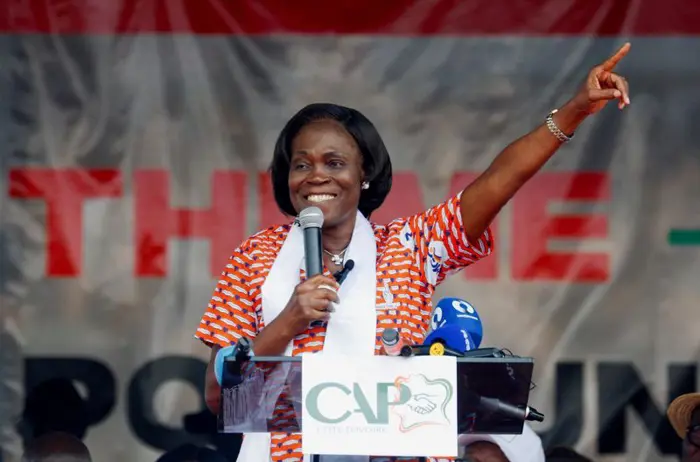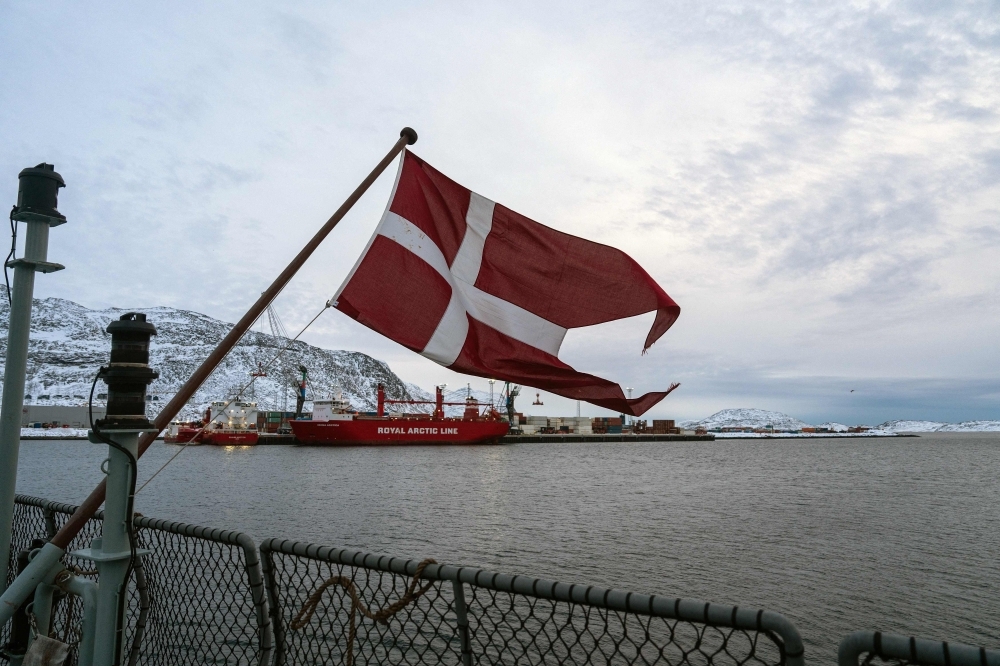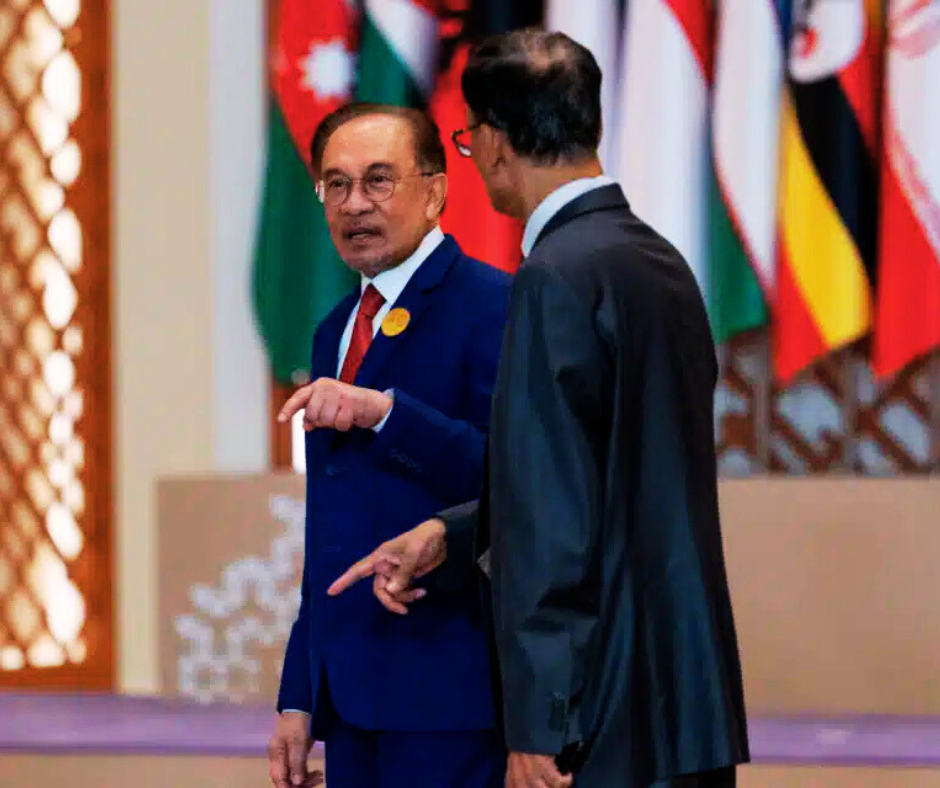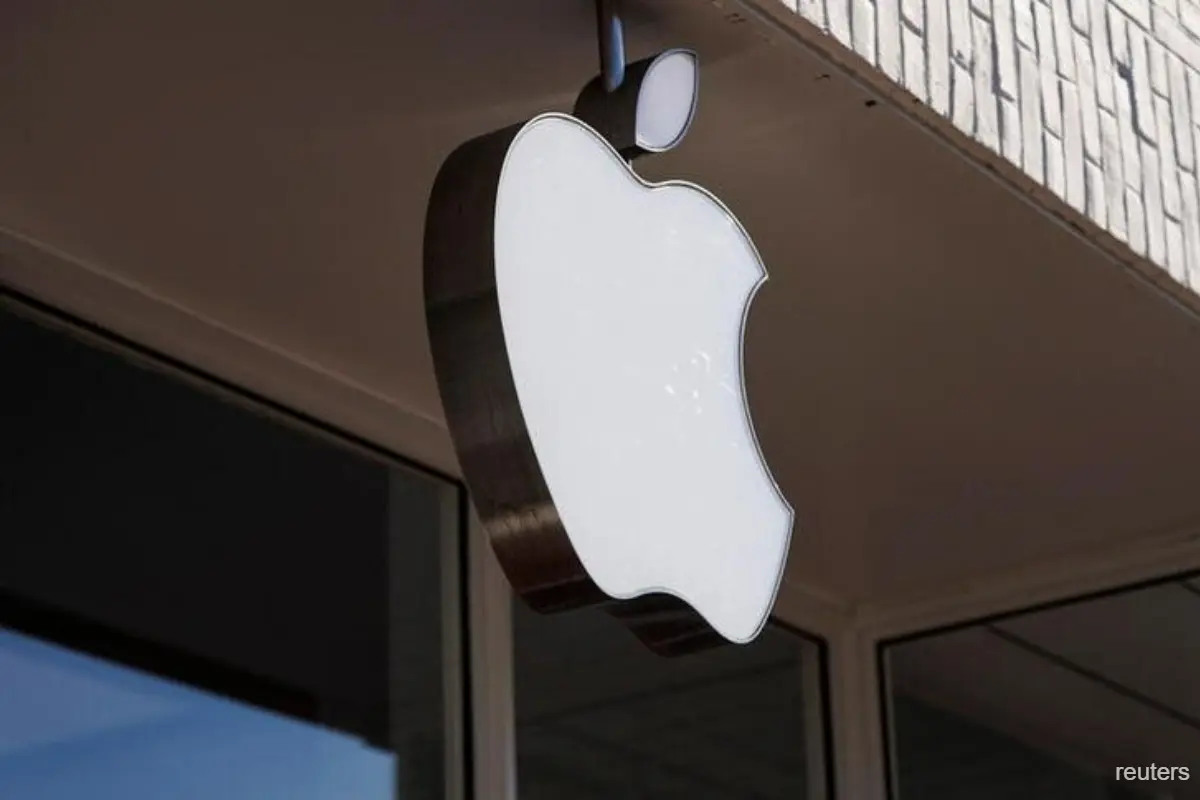Simone Gbagbo, once known as Ivory Coast’s “Iron Lady” and the former first lady of the nation, is stepping into a defining moment in her political journey. At 76, the woman once wanted by the International Criminal Court for crimes against humanity is now contesting for the presidency — this time without her ex-husband, former President Laurent Gbagbo, by her side.
The West African political veteran stands as the most prominent challenger allowed to face incumbent President Alassane Ouattara, who is widely expected to secure a fourth term. But Simone’s campaign represents more than an electoral bid — it’s a rebirth, a statement of resilience, and an assertion of her unwavering influence in Ivorian politics.
From Political Turbulence to Reinvention
Simone Gbagbo was a central figure during the turbulent years of her husband’s presidency, marked by civil wars from 2002 to 2007 and renewed violence after the disputed 2010 elections. When Laurent Gbagbo refused to concede defeat to Ouattara, the country descended into chaos, claiming the lives of about 3,000 people.
Arrested alongside her husband in 2011, Simone spent years behind bars before being granted amnesty in 2018. A year later, her husband filed for divorce — marking the end of a political and personal alliance that had begun decades earlier when both were young activists fighting for democracy.
In 2022, she founded the Movement of Skilled Generations (MGS), a party rooted in social democratic ideals. While analysts say her chances of winning remain slim, many believe Simone is playing the long game — positioning herself as the new face of opposition politics in Ivory Coast.
A Legacy of Defiance and Determination
Her political story began long before the presidential palaces. In the 1970s, Simone was a fearless trade unionist, challenging the single-party rule of founding President Félix Houphouët-Boigny. By the 1980s, she had co-founded the Ivorian Popular Front (FPI) alongside Laurent Gbagbo, stepping boldly into national politics and winning a parliamentary seat in 1995.
After her conviction in 2015 for crimes against the state and subsequent 20-year prison sentence, her release was seen as a symbol of national reconciliation. Now, she seeks to formalize that spirit through policy.
Her Vision for Reconciliation and Sovereignty
Simone Gbagbo’s presidential platform emphasizes healing the nation’s deep political scars. She pledges to implement a general amnesty, releasing political and military prisoners, while enabling exiled citizens to return home. She also advocates for economic sovereignty, calling for an end to the euro-pegged CFA franc and the creation of a new regional currency.
Her message resonates with a growing number of Ivorians who yearn for stability, independence, and dignity. As she gains backing from influential figures like Charles Blé Goudé, a former ally of her ex-husband and an ICC acquitted figure, her campaign is gaining both symbolic and political momentum.




